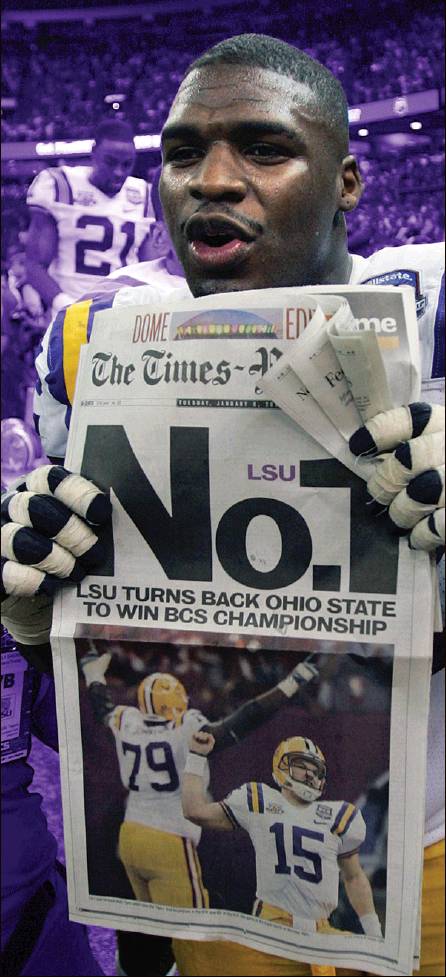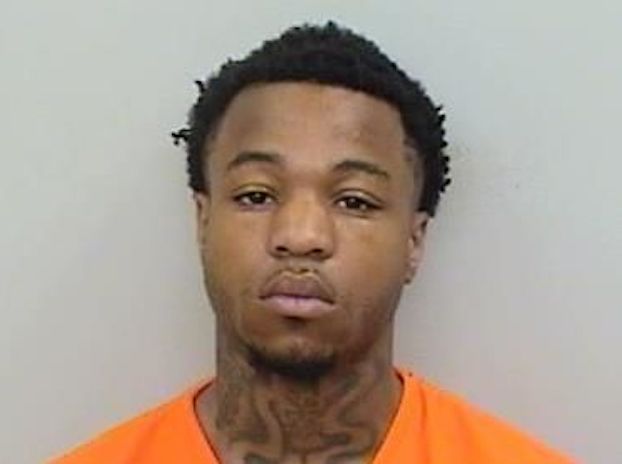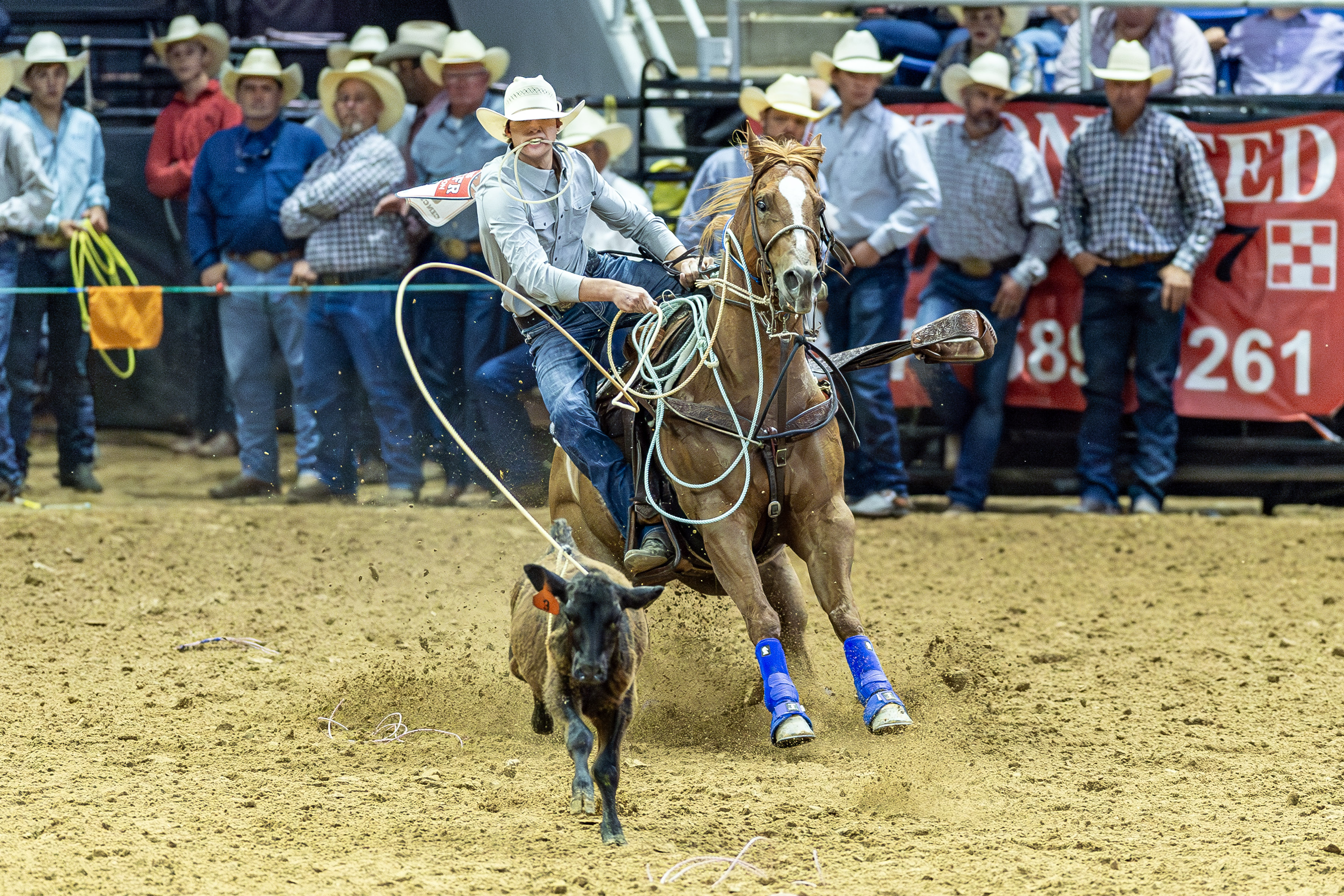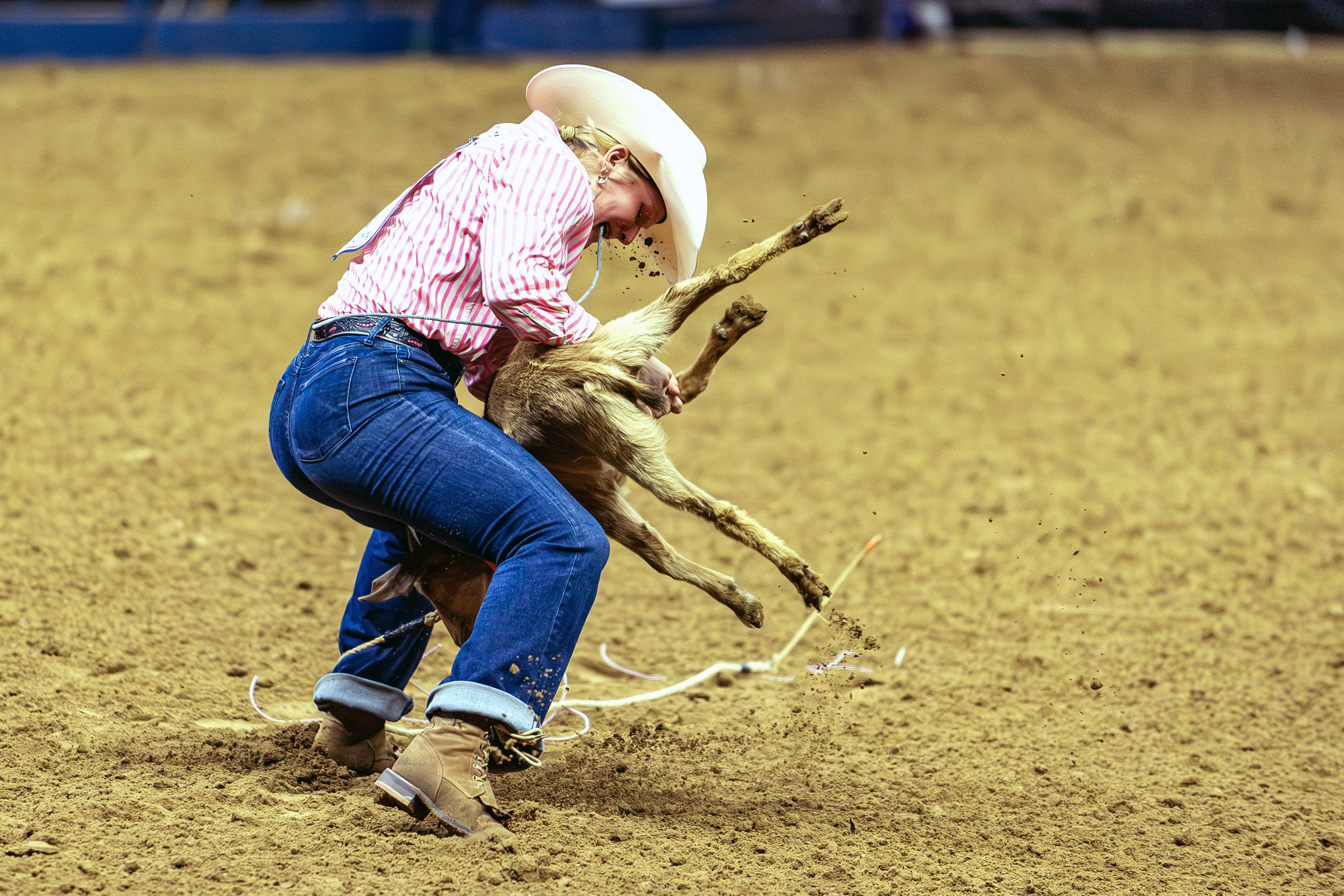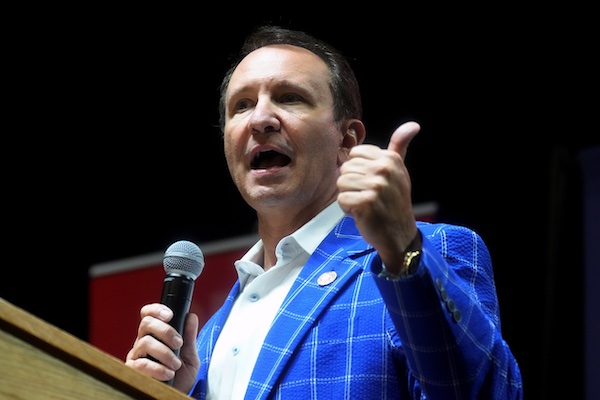No offensive line with double teams ever stopped him in his tracks quite like that.
Dorsey remains the most decorated LSU football player in history, and on that championship night — and morning — he could have been Caesar traversing the streets of Rome at the height of his power and popularity.
“It was a home game for us,” Dorsey said. “I mean, we’re in New Orleans, and the streets are packed with purple and gold. It was LSU everywhere. We were all like, ‘This is our home. This is our state.’ That really was special. That was an amazing feeling walking down Bourbon. That’s the thing I want to live again.”
He will settle for Front Street in Natchitoches at the Louisiana Sports Hall of Fame, where he will be inducted on Saturday. He will also be inducted into the College Football Hall of Fame on Dec. 7 in Las Vegas.
Going into his home state’s Hall has special appeal.
“I’m looking forward to it,” Dorsey said. “I’m bringing my mom, my dad, my wife, my son, my nephew, my sister.”
Basically, the same crew that hit Bourbon Street with a few new followers.
Dorsey has more experience than most at penetrating crowds. The humanity was thick late on the night of Oct. 6, 2007, too, after No. 1 LSU beat defending national champ Florida and future Heisman winner Tim Tebow, 28-24, in front of 92,910 at Tiger Stadium. Dorsey negotiated the masses in a golf cart after the game.
He had made five tackles, including a sack of Tebow and two hurries with a pass breakup.
“We owned those A gaps in the middle,” said defensive tackle Marlon Favorite, who had four tackles next to Dorsey. “And I heard the ground shaking once when we met in the backfield. Before the game, everybody was saying, ‘Nobody can stop Tebow.’ I can just remember Glenn after we made a play saying, ‘Yeah, Tim, yeah! We got you!’ He was always that energy on the field. When a game was getting down to the end, he was, ‘C’mon, let’s go, let’s go!’ He brought that every night.”
Afterwards, Dorsey was spent, banged up and getting treatment when LSU Sports Information Director Michael Bonnette rushed in.
“They need you on the ‘GameDay’ set. You’ve got to get over there,” he said.
ESPN had planted Kirk Herbstreit, Lee Corso and Chris Fowler at the Parade Grounds near the student union across campus.
“I’m like, ‘What? I’m soaking wet,’” Dorsey said. “And I hadn’t showered. I hadn’t even taken my jersey off and Bonnette’s like, ‘Put a shirt on.’”
Dorsey trudged to the golf cart and jumped in next to head coach Les Miles with Bonnette at the wheel behind a police motorcycle escort.
“I still got equipment on everywhere,” said Dorsey, who had not taken off the tape with “LSU” on it under his eyes or off his fingers. “I could’ve taken that off, but LSU, that’s my heart. I was keeping it on.”
Dorsey should have kept his helmet on, too, as Bonnette had to steer around fans rushing the cart to mob Dorsey and Miles as conquering gladiators.
“It was fun. I felt like a celebrity. We were riding up the hill, and everybody was yelling our names. I’ll never forget that. I felt like the president of the United States. When we got to the Parade Grounds, I was like, ‘Oh my God!’ It was packed. I couldn’t believe that,” Dorsey said.
“And it took some time to get there, weaving through people. There had to be 3,000 or 5,000 still surrounding the “GameDay” set and just wildly partying. I want to tell you, it looked like a hell of a party going on,” Miles said at the time.
It was well earned. Like any garage band, Dorsey had to work tirelessly to gain that status. He didn’t start regularly until his junior year in 2006. Despite leg, knee and tailbone injuries late in his senior season in 2007, he played on, finishing with 69 tackles, seven sacks, four pass breakups and 12.5 stops behind the line despite double teams.
“I’ll never forget what he told me after our sophomore year in 2005 — ‘I have to make these next two years count,’” said Favorite, who signed with Dorsey in head coach Nick Saban’s last LSU class in 2004 that was ranked No. 2 nationally.
“Glenn’s determination and will to perform those next two seasons were next to none,” Favorite said. “And he was hurt for the last six games of 2007 after a tackle cut him low against Auburn. He could’ve gone in the first round after ’06, but he wanted to win another national championship for Louisiana.”
Dorsey became a consensus first team All-American in 2006, finishing with 64 tackles and 8.5 behind the line with three sacks.
“He wasn’t the fastest guy, but he had such lower body strength – football strength,” Favorite said.
“He came off every play as if it was his last,” Auburn two-time All-SEC guard Tim Duckworth told ESPN in 2006 after LSU lost 7-3 at Auburn in an old-school classic in which Dorsey made eight tackles with three for losses of 17 yards.
Saban realized immediately Dorsey’s talent and potential.
“As soon as he came,” Saban said. “I mean you could see he had a lot of explosive power and really good movement. He was smart, very instinctive, and you just knew it was going to be a matter of as soon as he developed the confidence systematically, he was going to be a great player.”
Dorsey started four games in his first two LSU seasons in 2004 and ’05 because he was behind future NFL defensive tackles Kyle Williams, a six-time All-Pro with Buffalo, and Claude Wroten.
Miles recruited Dorsey out of East Ascension in 2002 and ’03 while Miles was head coach at Oklahoma State. “He was a hard-working player from the beginning.”
Dorsey considered Oklahoma State.
“Karl (Dunbar) and coach Miles saw something in me first, and I took a liking to them,” Dorsey said. “Les came down to my high school. They recruited me hard. I loved Les. But once Saban offered me a scholarship, it was over.”
He committed well before his senior season in 2003, the year LSU won its first national championship since 1958.
But Miles and Dunbar eventually found Dorsey.
“I was like, ‘I know these guys.’ Karl was one of the favorite coaches I worked with ever,” Dorsey said. “It was like it was meant to be. It was perfect. I was all with it.”
LSU was 43-9 overall and 25-7 in the SEC with Dorsey from 2004-07 under Saban, then Miles, with two SEC West titles, one SEC title and that national championship.
For his LSU career, Dorsey made 179 tackles with 13 sacks and 27 stops behind the line.
“None of it was a surprise to me,” Saban said. “Sometimes when you see guys come in as freshmen, you wonder, ‘Is this guy going to be able to continue to make the choices and decisions that he has to make to really become what he’s capable of becoming?’ And it was nice to see that Glenn did that after we left, and he finished his career. That all happens because of the kind of competitive character these guys have and who they are. And Glenn Dorsey was always A-plus in all those categories.”
Dorsey was a solid NFL player for nearly a decade, but injuries slowed him and he never recaptured the glory of his college days.
“I never felt like I was playing for my home in the NFL,” he said. “It’s all perspective. In college, I felt like I was at home because I was. I was used to it. I took pride in being from southern Louisiana. In the pros, you have all these people who are not familiar with you writing stories about you.”
And just like that, Dorsey returned to Jan. 7, 2008, in New Orleans in his mind.
“It was a story that was so perfect,” he said. “It felt so perfect in Louisiana. It was like a dream. It would’ve been different in another state. It felt so good to be embraced by home.”
More embraces to come in Natchitoches.


